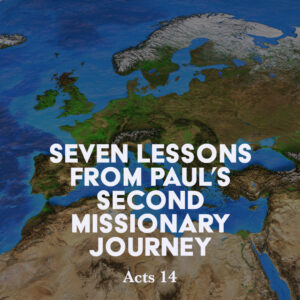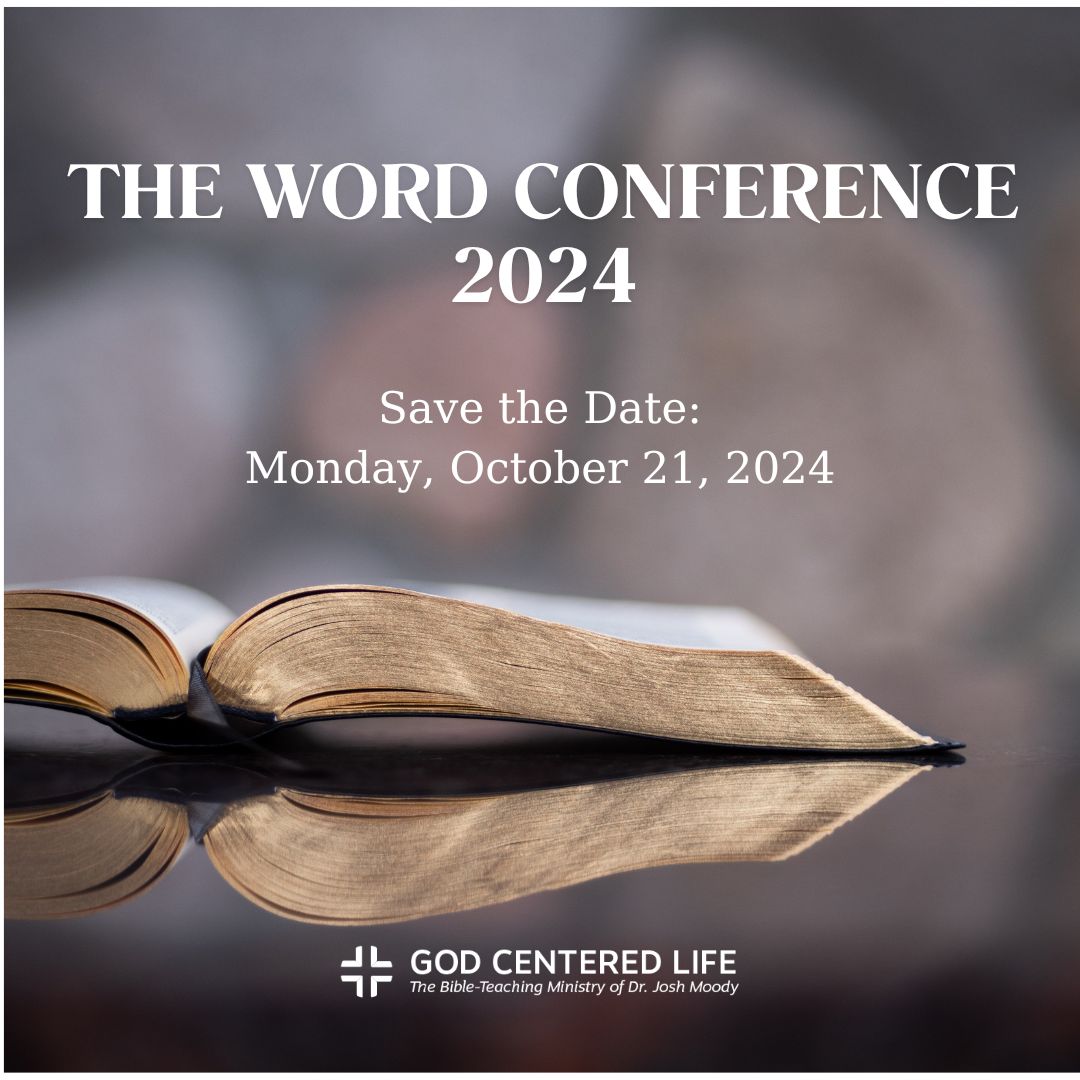Acts 14: Seven Lessons from Paul’s Second Missionary Journey
January 24, 2023
TODAY'S BIBLE READING:
Genesis 49, Psalm 22:12-31, Matthew 9:27-38, Acts 14

We come now to the second half of Paul’s first missionary journey. What do we learn from this part of his ministry?
First, we learn again that opposition to the gospel is an expected part of Christian witness—and especially that of preaching the gospel. Paul and Barnabas were not difficult people. They were not troublemakers. They were not causing dissensions and arguments of their own making and by their own personality faults. Preaching the gospel at Iconium, some believed, others did not. Others still stirred up opposition to them. As Paul said elsewhere, to some we are the aroma of life, to others the aroma of death. If we expect that everyone will agree with us or like us, we will be disappointed. Or in search of such man-pleasing, we will compromise the message. The key is—with grace and kindness, love and truth—to preach the gospel faithfully, aiming to please God and win people.
Second, we learn that even with the best of intentions and the clearest of messages, significant misunderstandings can take place. In Lystra, the enthusiasm with which they were welcomed led the people to try to treat them like pagan gods who had come to them in human form. In other words, people have their own “worldview,” and it can be very hard for people to accept new ideas without conforming that new teaching to their preconceived notions. We tend to reconstruct the message of the gospel to fit with what we already know to be true. All true witness and evangelism is an exercise in translation: translating the truth of the gospel into the language and context of the hearers. And even with the best of intentions and the clearest of messages, sometimes significant misunderstandings can take place—as they did at Lystra.
Third, we can learn that when such misunderstandings do take place, we should be quick to correct and redirect—as Paul and Barnabas did. We cannot let significant misunderstandings remain without them being challenged and redirected.
Fourth, we can learn that it is not only important to do evangelism, it is also important to strengthen and encourage (v. 22). Paul and Barnabas did not only lead people to Christ, did not only seek to plant churches, they also took the time to strengthen and encourage the disciples. Sometimes what is most needed is gospel encouragement and biblical strengthening—not a new task or a new program, but to strengthen and encourage people. “You’re on the right track. Keep on going!”
But fifth, look at the nature of the encouragement! “We must go through many hardships to enter the kingdom of God.” What a message that counters so much of contemporary preaching. We are told that if we follow certain rules or believe certain things, or even just believe strongly enough, then we will be prosperous and successful and not experience any real difficulties. But how different is the gospel that Paul preached! We must go through not just some hardships or a few hardships, but many hardships to enter the kingdom of God. This is encouraging and strengthening because it puts backbone into the wavering spineless jellyfish of a disciple. Now we know that what we are experiencing is not unexpected and that we are on the right path—and in the end we will win through entering the kingdom of God.
Sixth, we can learn that the early church was led by elders. Not just one elder, but elders in the plural. A biblical model of church leadership includes this appointing of elders to shepherd the flock of God.
Seventh, we can learn that Paul and Barnabas, after they had gone out on their mission, returned to their local sending church in Antioch. Such a pattern is healthy: being sent out, then returning to report what has happened, and finding time for renewal and gathering of strength for the next gospel push that comes afterwards as the Lord leads.
ABOUT THE AUTHOR
Josh Moody (Ph.D., University of Cambridge) is the senior pastor of College Church in Wheaton, IL., president and founder of God Centered Life Ministries, and author of several books including How the Bible Can Change Your Life and John 1-12 For You.
WANT MORE?
To receive God Centered Life devotionals directly in your inbox, as well as other resources, enter your email address in the form at the bottom of this page and click "subscribe."


